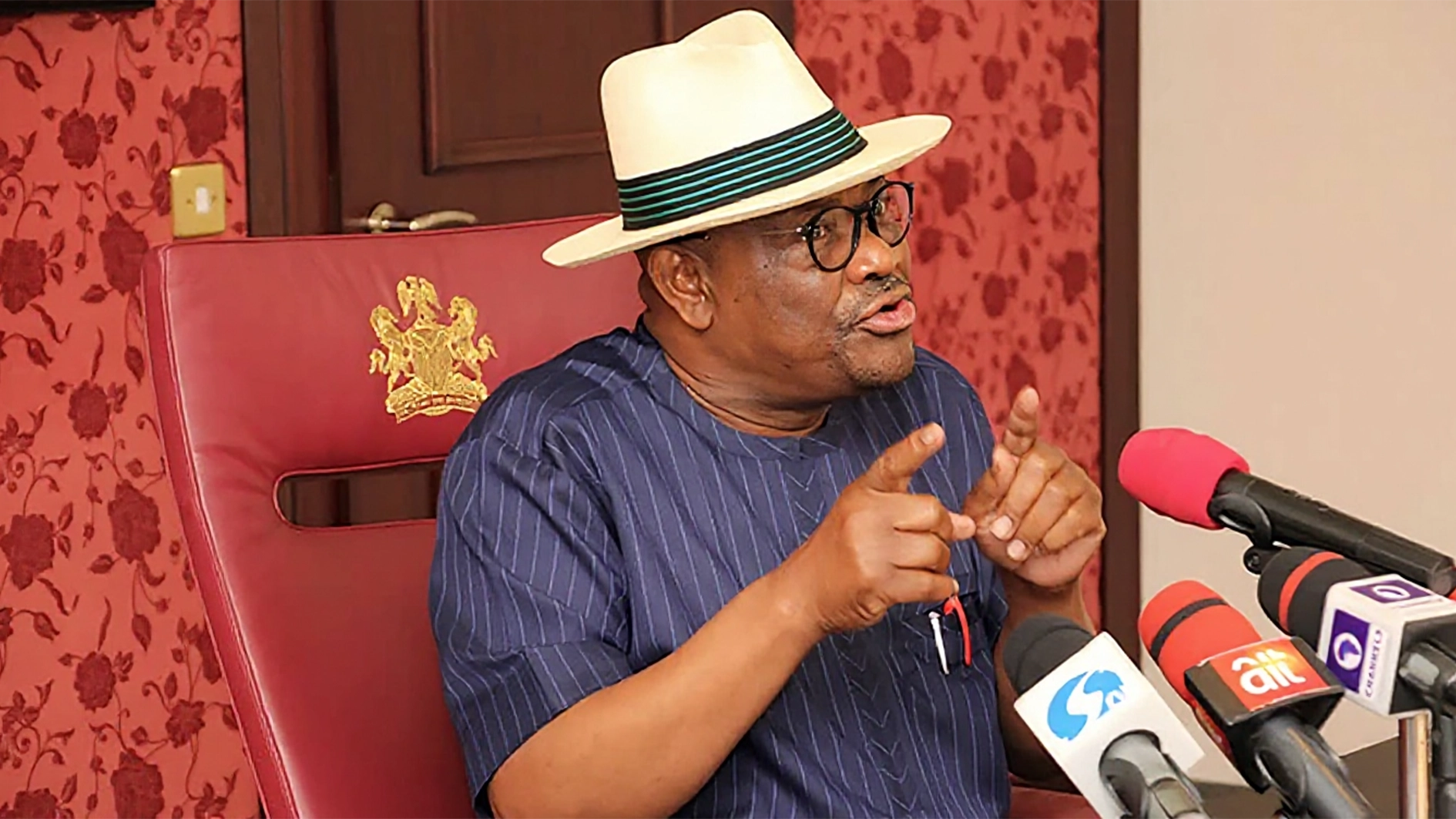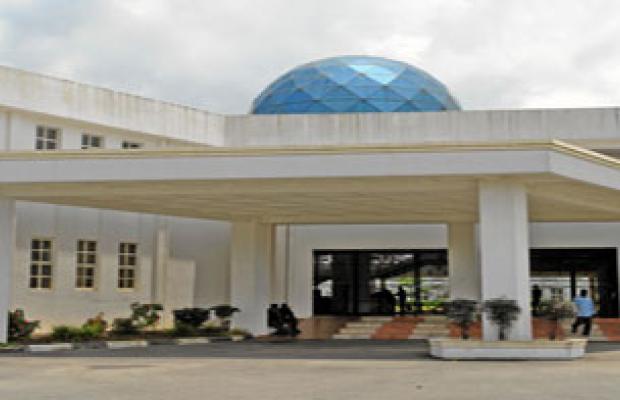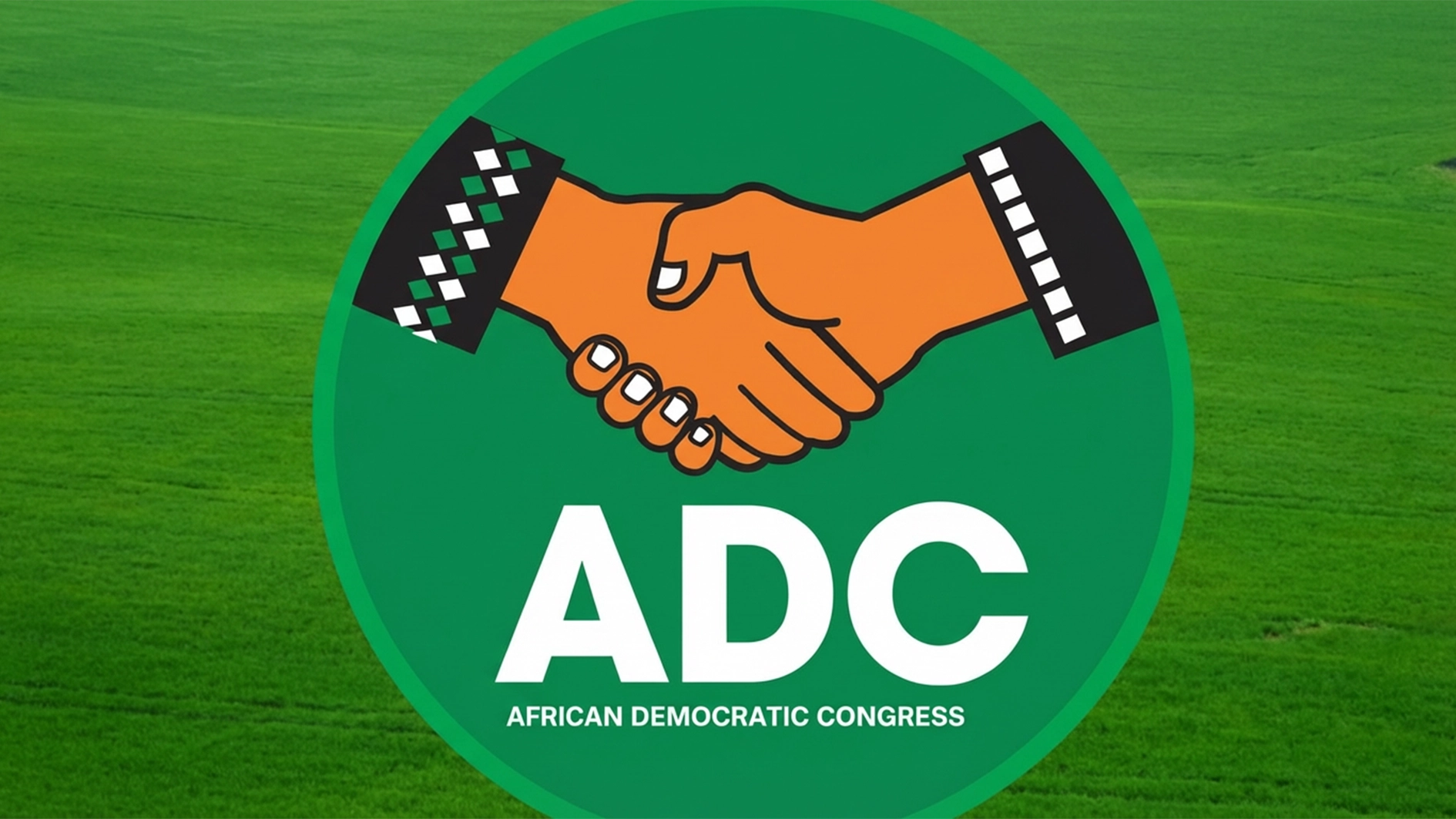Finally, the chickens have come home to roost for the President Muhammadu Buhari-led federal government in its continual denial that Nigeria is not the Poverty Capital of the World by international rating agencies. Its own agency, the National Bureau of Statistics (NBS), has finally confirmed what has become all too obvious to many since the Buhari administration took office in 2015: that Nigerians have been regressing deeper and deeper into unrelenting poverty due to poor economic management and sheer ineptitude.
In its poverty and inequality report from September 2018 to October 2019 released last Monday, NBS said 40 per cent of Nigerians live below its poverty line of N137,430 ($381.75) per year. This represents 82.9 million people out of a population of about 200 million. The United Nations estimates that Nigeria will have a population of 400 million people by 2050. With the rapid population outstripping economic growth, this appears dire for the country.
“In Nigeria, 40.1 per cent of the total population was classified as poor,” NBS said. “In other words, on average four out of 10 individuals in Nigeria has real per capita expenditures below N137,430 ($352) per year.”
The statistics office said 52 per cent of people in rural areas live in extreme poverty, compared with 18 per cent in urban parts of the country, also noting that the highest poverty levels were in the northwest state of Sokoto, where 87.7 per cent of people live under the poverty line compared with 4.5 per cent in commercial hub Lagos State, which had the lowest rate.
Last September the Statistician-General of the Federation, Mr. Yemi Kale, indicated the need to carry out a survey to measure poverty and inequality in the country so as to serve “as a major source of data for the 2030 Sustainable Development Agenda for tracking Nigeria’s attainment or otherwise, of the Sustainable Development Goals. The subject of poverty is very critical to a developing country like Nigeria. Most, if not all of the government effort is geared towards ensuring that citizens are able to attain a decent standard of living.
“We will be failing in our mandate if we are not providing the public, government and policymakers with useful and reliable statistics to deploy in designing and implementing poverty-alleviating interventions and programmes across the country.”
A report by The World Poverty Clock since 2018 showed Nigeria overtook India as the country with the most extreme poor people in the world. It has since been regressing farther down without respite as Buhari and his economic managers progressively fail to stem the slide. India has a population seven times larger than Nigeria’s.
The struggle to lift more citizens out of extreme poverty is an indictment on successive Nigerian governments, including the current one, which has mismanaged the country’s vast oil riches through incompetence and corruption. Nigeria has extreme poverty population as at June 2018 and this grim outlook has persisted without respite through 2019 to 2020.
Coming now as it does when the world is fighting coronavirus is telling for its projection for the future and the planning that should happen. But is Nigeria and Nigerians capable of planning for the future? Would this coronavirus pandemic inject that missing developmental mental attitude on Nigerians and those who lead them to begin serious reengineering of the country’s broken infrastructure and what must be done to lift millions out of poverty? Is Nigeria’s inept leadership sufficiently challenged to do the needful to take so many Nigerians out of poverty?
Last August President Buhari stated his administration’s resolve to lift 100 million Nigerians out of poverty. But the president said his bold plan would not be realized until 2023, the same year he would leave the office. Such declaration sounded the alarm bells to many discerning Nigerians who felt perhaps that Buhari thought he was still on the campaign podium and needed to make promises to garner votes.
Stranger still is the fact that Buhari would wait till after his first term in office before he could begin to lay the foundation for reducing poverty in the country. This is in spite of it being clear that his coming to office coincided with the rapid slide in the economy and his inability to halt it. Nigeria slipped in recession barely a year after Buhari took office in 2016, which it managed to exit a little over two years later. But now with coronavirus, the situation seems dire.
According to Buhari, “Our administration’s eight years will have laid the grounds for lifting 100 million Nigerians out of poverty in 10 years. This outcome will fundamentally shift Nigeria’s trajectory and place us among the world’s great nations. I am aware of the Official Statistics that approximately 54 per cent of Nigerians live below the poverty line as defined by the World Bank. It is pertinent to state that reducing extreme poverty and hunger is one of the cardinal objectives of our administration.
“It is for this reason that in May this year, we committed ourselves to lift approximately 100 million Nigerians out of poverty within a 10-year period. This is a national development priority and in line with the aspirations of the SDGs. We have since established an ambitious National Social Investment Programme (NSIP) targeting the poor and vulnerable members of the Nigerian population.”
Professor of political economy, Pat Utomi, noted that Nigeria’s economy started nose-diving long before COVID-19 came on the scene, when he said, “You did not need to possess the gift of prophecy or genius to predict the Nigerian economy was bound for where it is now. We got due notice but continued down the path like a group of drunk sailors largely because the political class lacks the personal discipline, organizational skill and moral stock and perhaps the know-how and know-why to step away from a debilitating narcissism to contemplate reality. The desire for legal and sometimes illegal plunder seems to precede reason and good judgment in public choice.”
Buhari has hinged his planned economic reboot on investment in agriculture. Here, he would seem to be on the same wave-length with Utomi, who also believes agriculture and its value chain could offer Nigeria and Nigerians a way out of its current economic quagmire and so lift millions of citizens out extreme of poverty that poor governance ethos has sunk them. Utomi further advises on changing Nigeria’s rent economic narrative for a productive one as the way out of the economic and poverty woods.
According to him, “To begin again, more effectively, requires that we recognise that a few things we do, and positions we take, ostensibly in pursuit of our self-interest, actually negate those interests. The prebendal culture of sharing the national cake instead of building a passion for producing has truly been our ruin. A strategy for how we produce our way out of misery and make the great escape from poverty, for all of our people, must be central to our new mindset.
“It should begin with identifying the ‘Factor Endowments’ on which we want to erect global value chains we can dominate, based on our latent comparative advantage.
“For me, that means broadening competitiveness of agricultural production generally, with specific emphasis on select produce like cassava, sesame seeds, plantain, corn, rice, gum arabic and sorghum for processing in agric/industrial towns for food security and exports for industrial uses. So, the cassava value chain will take us from garri to various snacks and the topmost quality industrial starch and ethanol.”
A good governance programme coordinator for Oxfam in Nigeria, Celestine Okwudili Odu, is worried, just like most disenfranchised Nigerians are, that corruption and skewed economic and political structures are the banes of Nigeria’s development and why poverty will remain a major problem for a long time unless steps are taken to reverse the trend. He also stated that including women in development efforts is a sure way towards bridging the country’s poverty and inequality gaps.
According to Odu, “The government must build a new political and economic system that works for everyone, and not just a fortunate few. The government can make a start by tackling corruption, investing in vital public services, and protecting the rights of women.”






